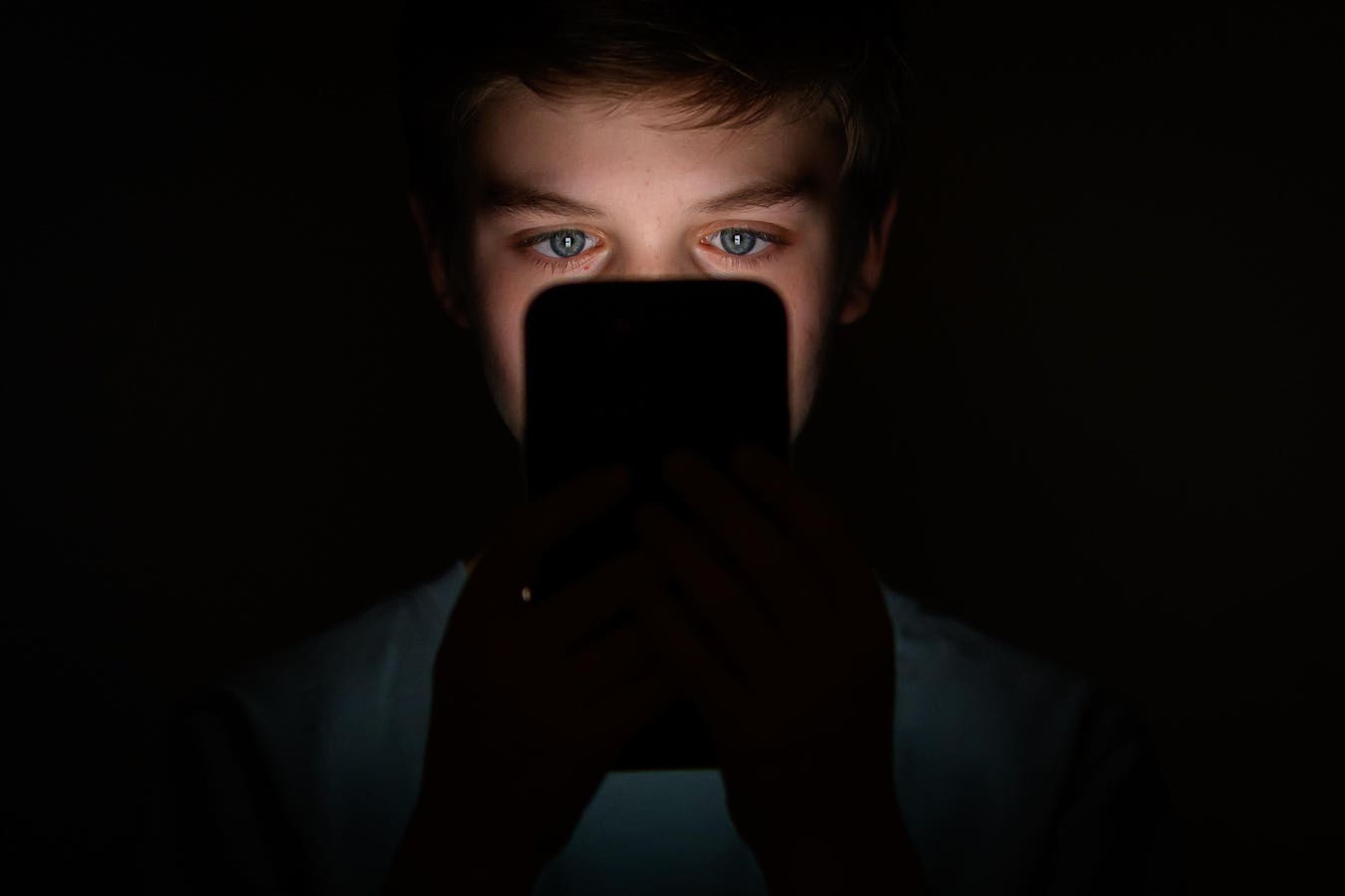In speaking with men and women who have gone to prison, they experience withdrawals from having a cell phone once they are inside, something not allowed in federal prison. They feel imaginary vibrations in their pockets from a cell phone that is not there. They miss the connection with their family and friends. They are disconnected further from society. Loved ones who they used to text or call regularly have seemed to have vanished. The instantaneous access to calls, emails and information are over. It understandably takes a while to get used to. However, access to cell phones, particularly in minimum and low security prisoners is easy.
Illegal cell phone use by federal prisoners is an ongoing issue. Prisoner are not allowed to use cell phones and must instead make calls on monitored phone lines where use is capped at 500 minutes/month and individual calls are limited to 15 minutes. During those calls, all of which are monitored and recorded, a prerecorded message comes on indicating that “This call is from a federal prison.” While many institutions have tablets, they are not connected to the Internet and are mostly repositories for games, movies, programming and reading material. In short, prisoners are cut off from the outside world.
However, cell phone illegality has not stopped prisoners from using them despite the penalties. A few years ago, if a cell phone was found on a prisoner he/she was put into special housing unit (SHU) for a period of time, they were shipped to another prison, and lost up to 41 days of Good Conduct Time thereby extending the prison sentence. In fact, the sanction is so severe that it is considered a 100-level disciplinary infraction, right up there with attacking another prisoner.
When a phone is found on a prisoner, the phone was routinely sent to the FBI to identify the parties involved to make sure that there was nothing nefarious and to see who was being called. However, the flow of cell phones into prisons is at such a level that the federal Bureau of Prisons (BOP) is so overwhelmed that it rarely sends someone to SHU, docks them 41 days of Good Conduct Time and then calls it a day. No transfer, no SHU and no FBI scan of the phones which a BOP corrections officer told me accumulate in a secured area. In laughing about the extent of the problem he told me, “In the old days we would have looked at those confiscated phones as evidence, but some corrupt correction officers look at them as inventory to resell to inmates.”
In the past, there have been dangers associated with cell phones. In 2015, nine prisoners were indicted for using a cell phone in arranging the ambush killing of BOP officer Lt. Osvaldo Albarati. Recently, Senator Jon Ossoff introduced legislation to crack down on cell phone use. The BOP is always concerned about security and cell phones pose an unusual risk when being used for coordinating criminal activity ranging from drug drops at the prison to hits on rivals.
So how do prisoners get cell phones? Drones drop them into prison yards, visitors bring them into visitation and corrupt prison guards sell them to prisoners at a premium. A cell phone can be purchased by a prisoner for up to $3,000 and to cover the costs many are rented out to other prisoners for prices of $100-$200/hour, a price mostly determined by the number of phones in the prison. When cell phone inventory is high among the general population, prices tend to go down. After a sweep of the compound and cell phones are confiscated, the remaining phones are priced at a premium. The person who was caught with the cell phone, thereby taking it out of the inventory on the compound, are singled out to pay for replacement phone, a burden usually passed on to a family member who must coordinate payment and delivery of an illegal phone. It’s a cycle that repeats itself in the booming cell phone economy in prison.
The risk of possessing and using a cell phone is something many prisoners wrestle with when they are in prison, but it is also a symptom of other problems in prison. It begs the question as to why prisoners take the extraordinary risk of having a cell phone. Federal prisoners are subject to lockdowns in prison where they are confined to their cells and not allowed to use sanctioned methods of communication like monitored calls and emails (Corrlinks, the prison email system, tracks and reads email messages). Lockdowns occur because of staff shortages or because of disturbances in the prison. Some of these lockdowns can last days, weeks or months. During lockdowns there is no television, no phone, no email and no visitation. In this isolation, prisoners long for some communication with the outside world, to talk to their family, to get some news, and to have some entertainment in stark confines of prison. The cell phones offer an escape from prison.
Attorneys often grapple with whether or not to accept a phone call from a client who is using a cell phone. On a recent list-serve for the National Association of Criminal Defense Lawyers (NACDL), attorneys asked one another whether they should accept a call or text from a prisoner. The consensus was that such communication is unethical and should be prohibited. However, many pondered the necessity for communicating with a client when access to legal visits are limited and timeliness of getting information for a filing is a priority. While I understand that attorneys may state that they do not receive such calls, I know for a fact some who have.
Many minimum security inmates pay the consequences for using a cell phone but many tell me the risk is worth their sanity. I spoke to those who have left prison about the cell phone situation and they tell me that phones are so common that people often let their guard down thinking they are allowed. The ability to get photos and videos from family and to just get information off the Internet is important to prisoners. In 2021, USP Atlanta confiscated 800 cell phones among over 1,500 inmates … so every other inmate had a phone. The BOP is now using scrambling equipment to block calls, something the Federal Communication Commission objected to for years. This technology is not used BOP-wide as of yet.
There is more to the problem as well for the BOP as the penalties for these cell phones add 41 days to the prisoner’s sentence, meaning 41 days of costs associated with incarceration. At $120/day (a noted average for BOP), that adds $4,920 of costs to the BOP for a single prisoner. There are literally thousands of violations for cell phones which puts the costs of just additional incarceration into the millions of dollars.
The BOP staff shortages have a ripple effect through the institutions. Prisoners are locked down, programming is limited, and we are a society that is addicted to the cell phone. It creates an environment in which prisoners, who are already under stress of being incarcerated, will take the risk of additional prison time just to have more communication with a loved one or to check on the status of their case or to research topics, such as prisoner rights under the First Step Act. There is also just the despair of prison. One prisoner who told me he used a cell phone while incarcerated said, “It allowed me to speak to my young kids without them constantly hearing that the call was from prison,” then he added, “You cannot put a time limit on a call when your kids miss you.”
The BOP should look at the underlying causes of cell phone use as a positive first step in eliminating their use inside of prisons.
Read the full article here

















